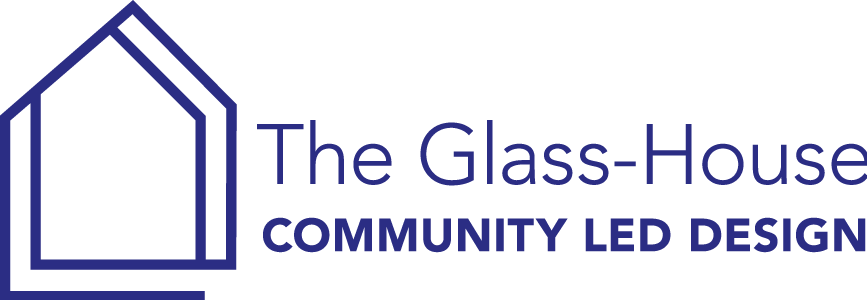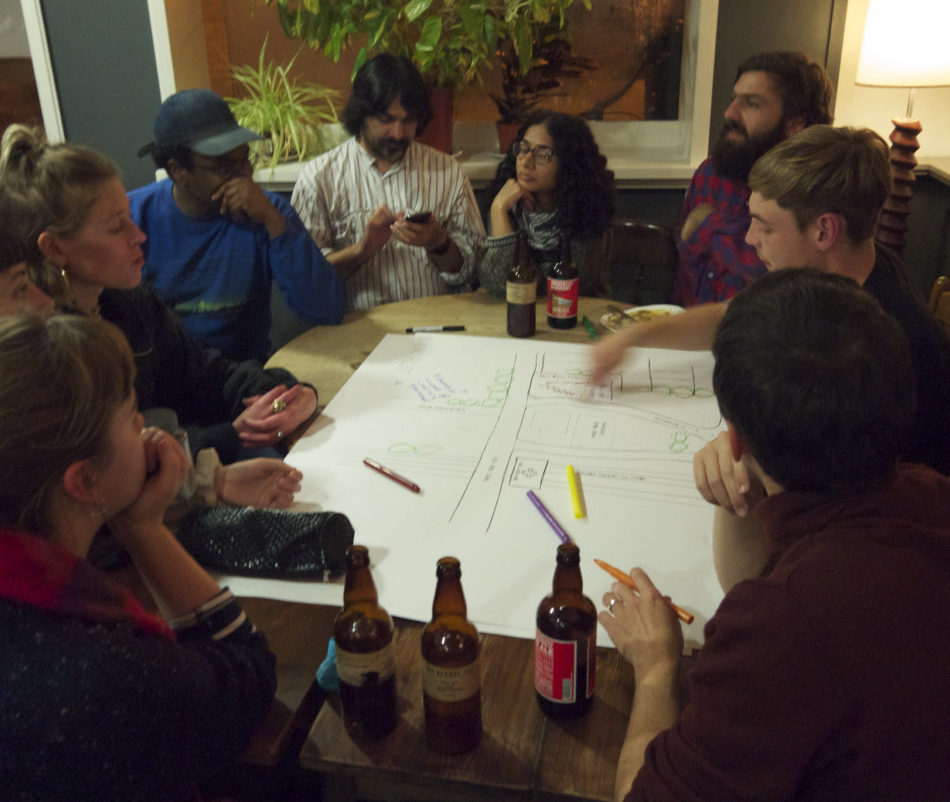Written by:
Designing material infrastructures to facilitate common belonging
By Toby Austin Locke and Lawrence Dodd
What does it mean to belong, and how are feelings of belonging recreated and shared? Particularly in anthropological traditions, which form a part of both our backgrounds, social and cultural belonging has been a central question. The boundaries of the social group, divides between human and nonhuman, structures of kinship, class, gender and age have all been questioned and examined by anthropological traditions in terms of how belonging is formed. The area of questioning appears as cultural, about something that is to some extent immaterial or subjective, something like a habitus—a structure and set of dispositions.
What we’re interested in is the materiality of belonging. We would like to explore the importance of the materiality of the spaces in which we live, work and play and our engagements with them in creating a sense of empowerment and community.
In some of the projects of which we’ve been a part in New Cross, London, including The Field and the New Cross Commoners, we have in different ways sought to explore the notion of ‘commons’ and ‘commoning’—the creation of spaces and communities of care and commonly held and maintained resources.
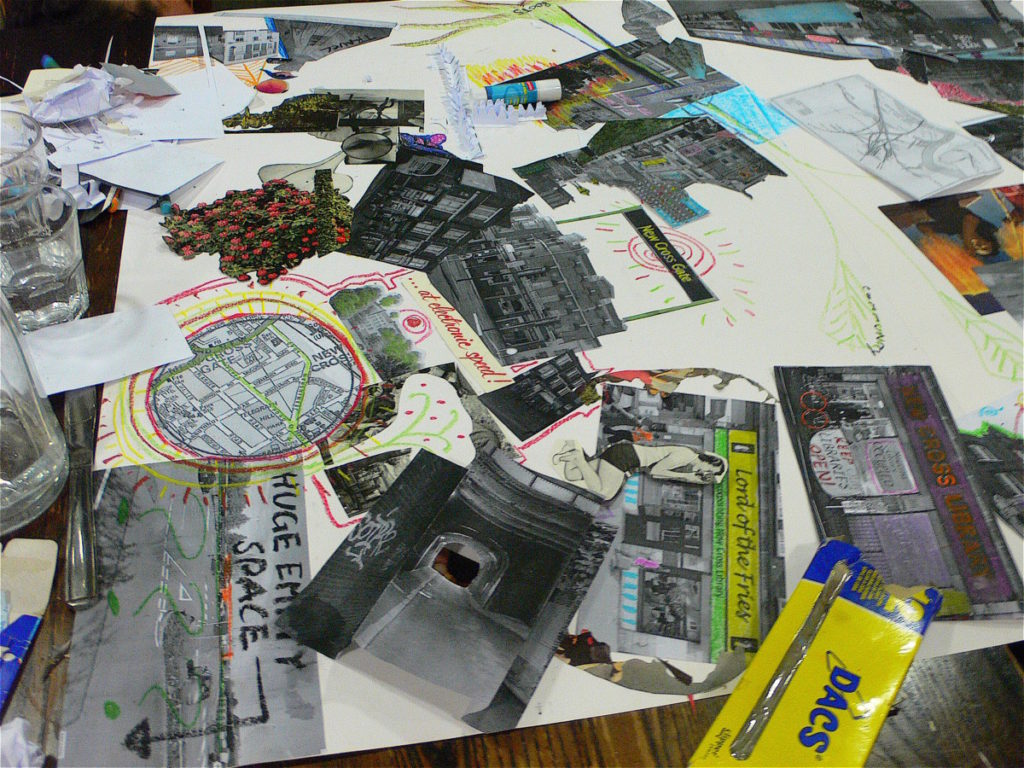
People’s Kitchen New Cross: a mapping of local reources and things to build on/change
These enquiries have made us aware of the importance of being able to materially engage with, control and effect environments. For a community to form, persist and feel empowered, it often requires a material foundation on which it can be built and maintained. This material foundation cannot be temporary; the community being created cannot only be involved in one stage of its constitution such as a brief period of consultation before a build. Rather, for communities to create lasting senses of belonging, they need on-going material access to their environments — they have to feel empowered to effect change in their areas.
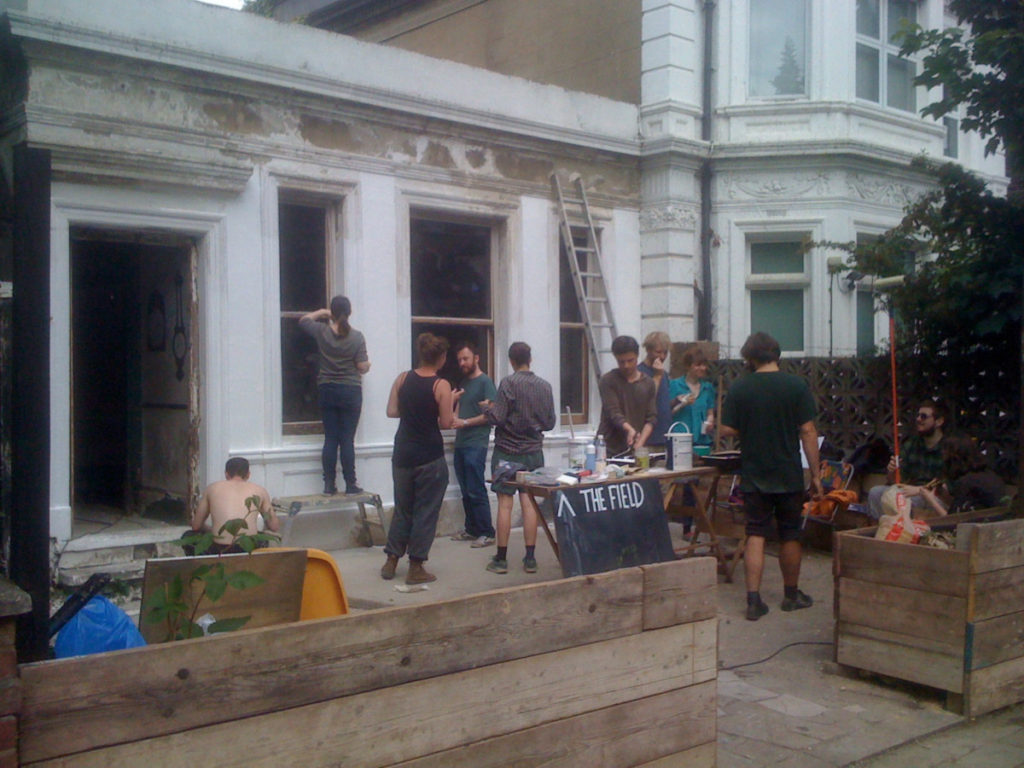
Coming together for common good: working to renovate a derelict building for community use
In urban environments this sense of engagement with the materiality of the city is often hard to find. Decisions regarding urban environments are made by specialists, behind close doors, and opportunities for people to feel like they in someway own their environment are rare. The question then, is how this can be changed and what the role of design would be in such an approach.
To allow people to take collective ownership of their environments and feel empowered to effect change in their areas design can’t be thought about in its more traditional sense. Rather than being a limited period before building, the conceptual process of design coming before the material process of construction or making, design needs here to be thought of as a means of facilitation. Consulting a community for a brief period prior to building is not enough to give people an ongoing sense of belonging.
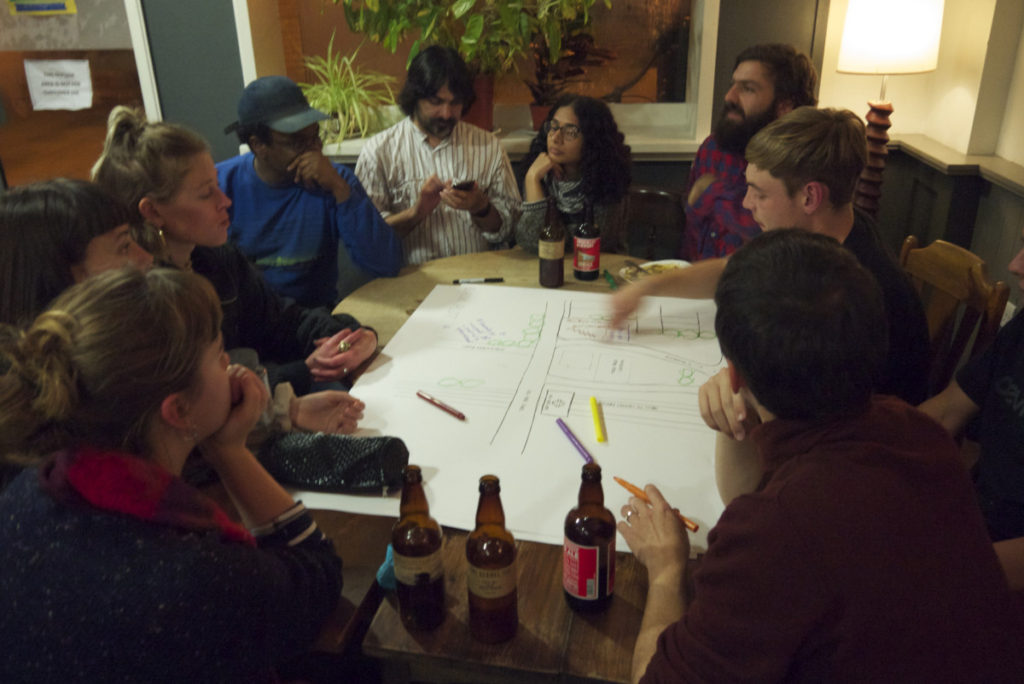
Working together to identify possible development sites for a Neighbourhood Plan
The question is about how to design material infrastructures of resource management and distribution that allow people to play a more active and ongoing role in defining the places in which they live, work and play, collectively owning them and feeling empowered to affect change within them. This is a question that Common Agency asks, and it is a question that recasts design as an ongoing process of facilitation aimed towards empowering people to materially effect, alter and own their environments. This would mean developing platforms, tools, structures and forms with different logics written into them, devices that can intervene in the top-down, economically-governed production of the city, supporting participation, diverse community, self-governance, self-sufficiency, and a more intimate relationship to ecology and place. Such an approach to design can’t stop at building, but must continually interrupt and intervene in the processes that construct our cities.
Toby Austin Locke and Lawrence Dodd are co-founders of Common Agency.
